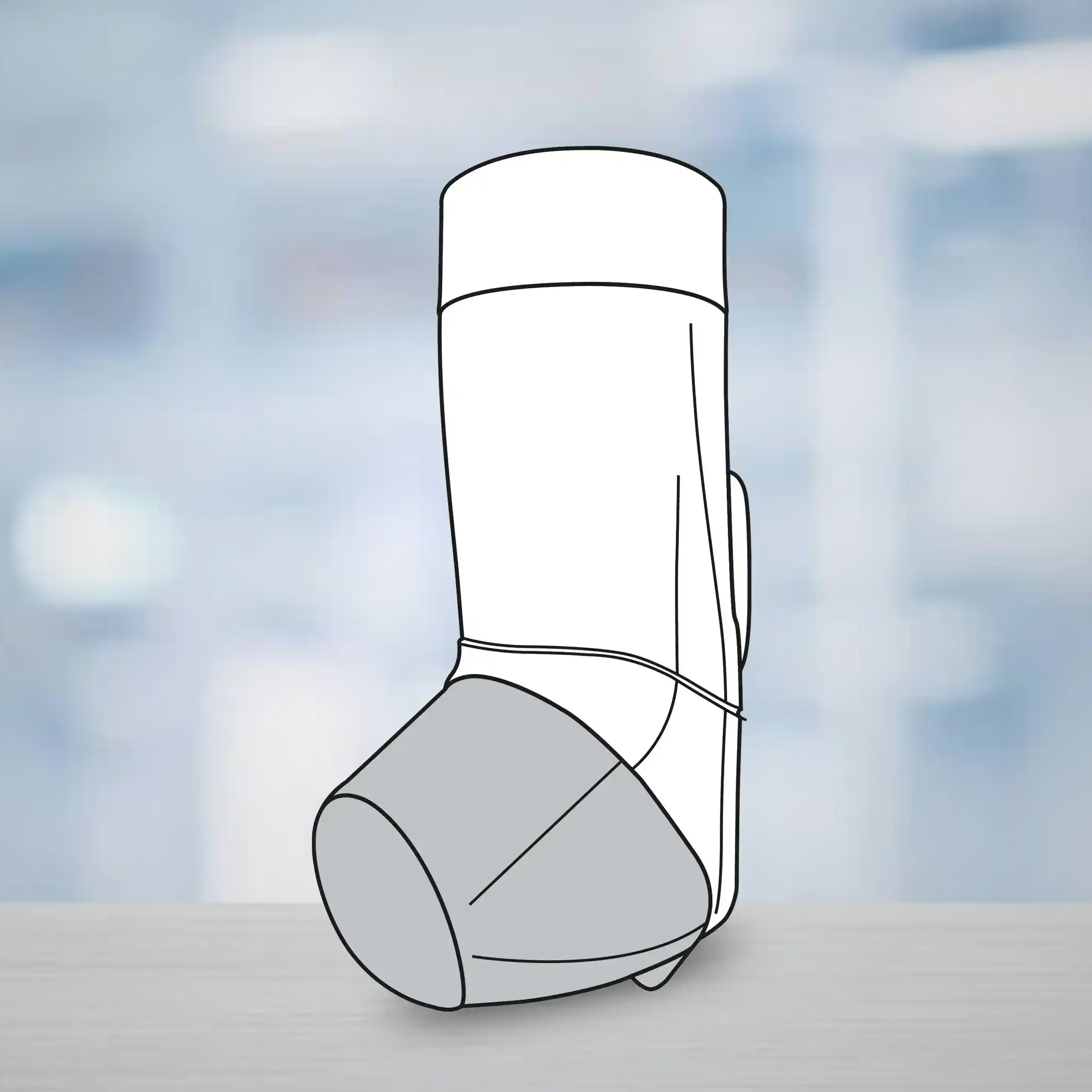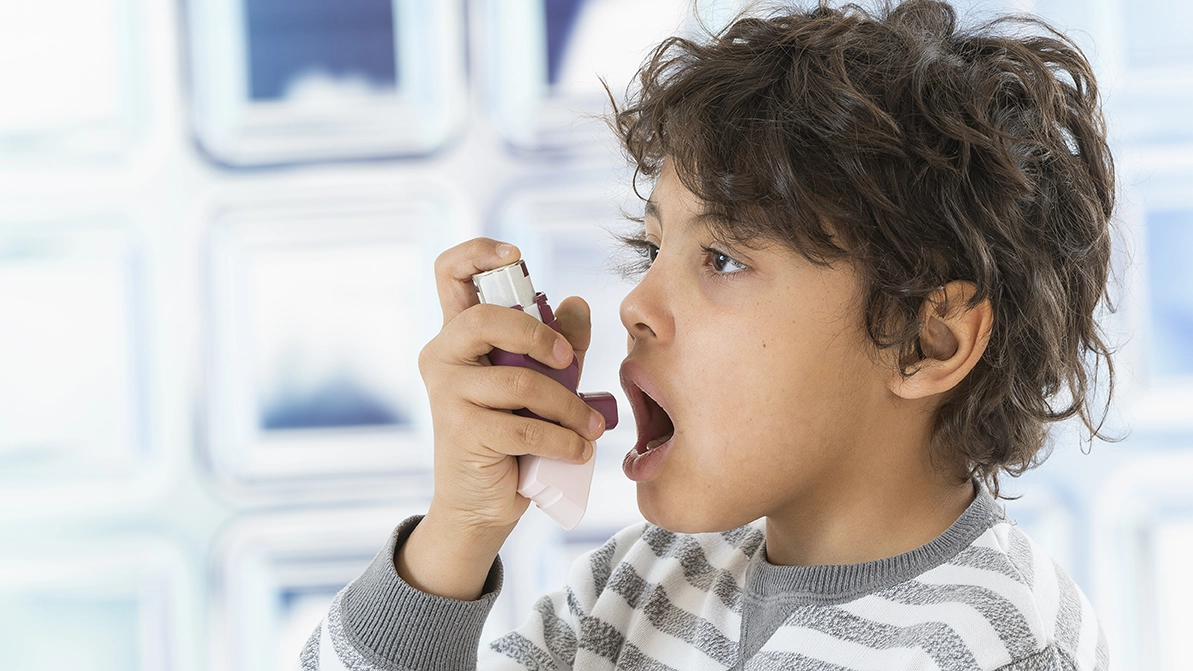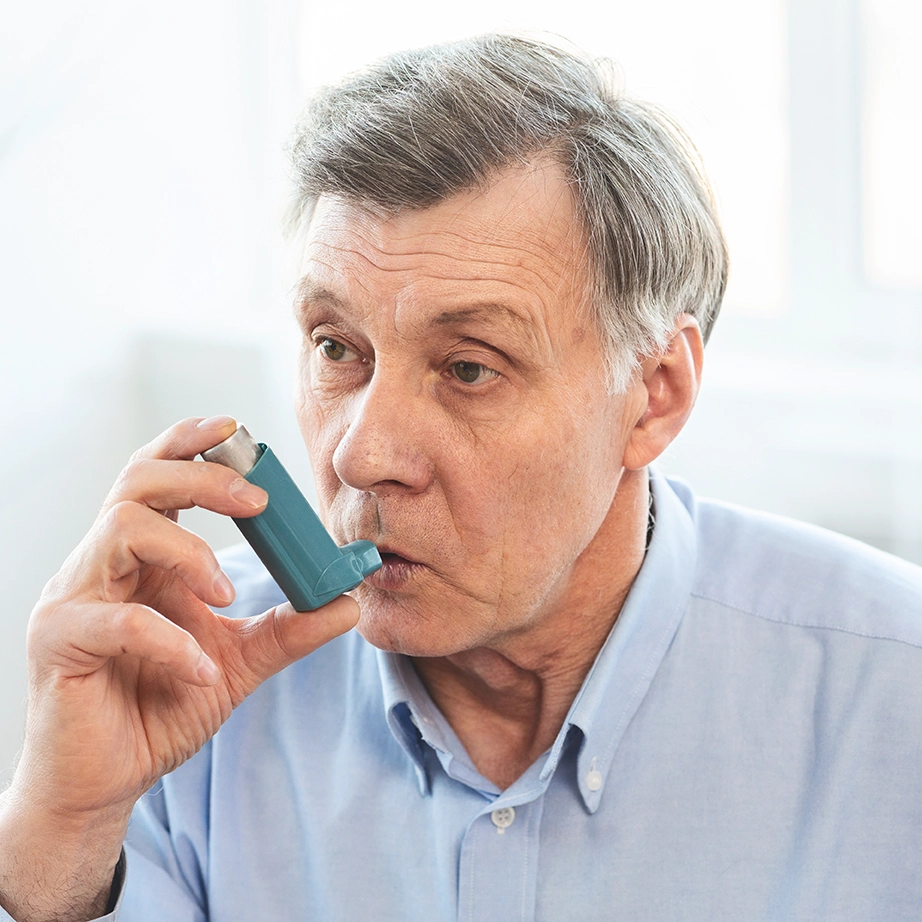Introduction
Since current treatment options for chronic hepatitis B (CHB) infection do not result in a functional cure, majority of CHB patients require long term oral antiviral therapy. Results from 2 randomized studies demonstrated superior efficacy of tenofovir disoproxil fumarate (TDF) as compared to adefovir dipivoxil (ADV) in hepatitis B e antigen (HBeAg)-negative and HBeAg-positive patients when treated for 48 weeks. A subset of these patients then received open?label TDF treatment for up to 10 years. The efficacy and safety analyses at years 5 and 8 showed promising results with TDF.
Aim
To evaluate the efficacy and safety of long-term therapy for upto 10 years with TDF in patients with CHB.
Method
Study Design
- Open-label extension phase study
Treatment Strategy
- HBeAg-negative and HBeAg-positive patients from two randomized, double-blind trials completed 48 weeks of randomized treatment with 300 mg TDF or 10 mg ADV once daily.
- After the randomized phase, patients were able to either continue on open-label TDF or were switched from ADV to open-label TDF for additional 7 years.
- The study was further extended for another 2 years just before the completion of year 8 analysis.
- This allowed a subset of patients to continue the TDF therapy for a total of 10 years.
Endpoints
- Proportion of patients with plasma HBV DNA <69 IU/ml
- Alanine aminotransferase (ALT) levels
- Serum HBeAg loss and seroconversion to anti-HBs
- Adverse events
Results
- Out of a total of 641 randomized and treated patients, 585 (91%) entered the open-label extension phase and 203 (32%) patients completed year 10 of the study.
- At year 10, HBV DNA < 69 IU/mL was achieved in 118/118 (100%) of HBeAg-negative patients and 78/80 (98%) of HBeAg-positive patients
- Normal ALT levels were reported in 83% and 78% of HBeAg-negative and HBeAg-positive patients, respectively.
- HBeAg status was available for 23 patients at year 10, of whom 52% and 27% experienced HBeAg loss and seroconversion, respectively.
- Upto year 10, no resistance to TDF was documented.
- Throughout this 10?year study, rates of HCC remained low and no patients underwent liver transplantation.
- TDF was well tolerated and demonstrated a safety profile similar to that reported in previous studies.
- However, 5.1% of patients experienced renal impairment, which is within the range reported in previous studies
- Few patients had bone-related adverse events.
Conclusion
- Treatment with tenofovir disoproxil fumarate (TDF) for over 10 years was well tolerated, safe, and effective in patients with chronic hepatitis B (CHB) infection
- TDF was effective in suppression of viral replication without development of resistance in CHB patients.
Liver Int. 2019 Oct;39(10):1868-1875. Doi: 10.1111/liv.14155.

.svg?iar=0&updated=20230109065058&hash=B8F025B8AA9A24E727DBB30EAED272C8)








